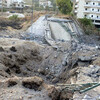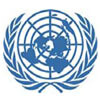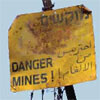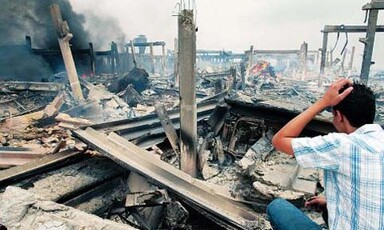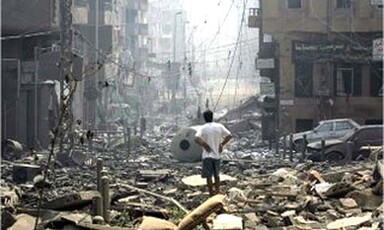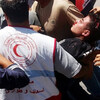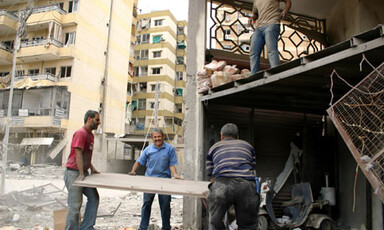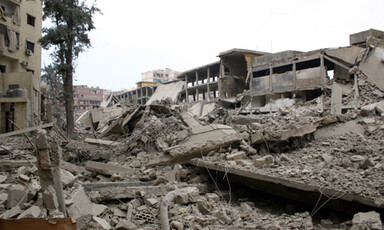
Don't leave us alone in Beirut
Beirut 22 July 2006
“So it’s Saturday. The day we fear. It seems the Israelis will have to postpone some of whatever plans they might have: the evacuations are not done yet.” Continuing her reports from Beirut, Hanady Salman recounts the stories of those taking advantage of a brief lull in Israeli bombing to return to their homes in the heavily hit southern suburb. “Some of my friends who live in the Southern Suburb went there yesterday to check on their houses and bring some of their stuff. They weren’t able to find their homes. Whole neighborhoods are completely destroyed.” Read more about Don't leave us alone in Beirut

